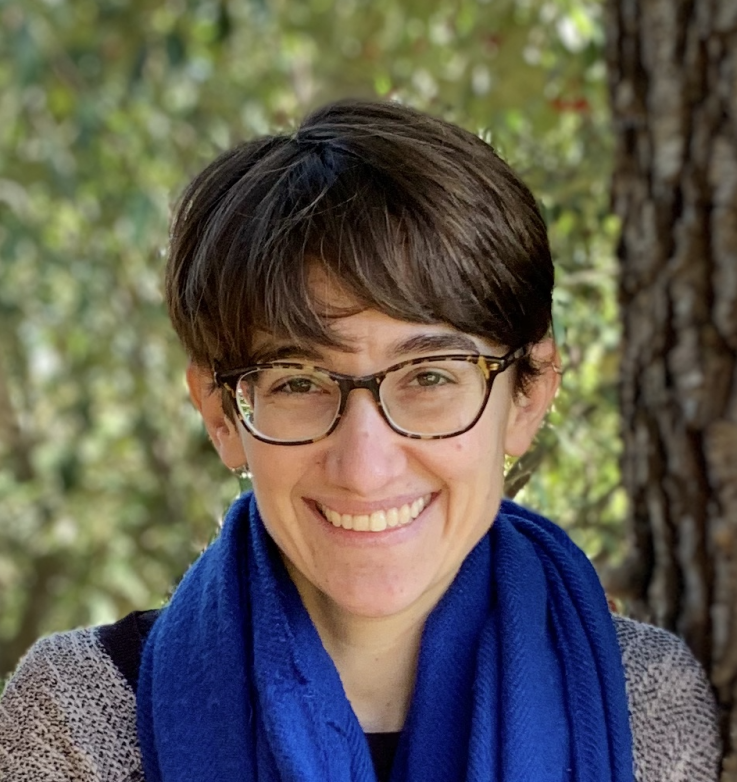A recently-awarded grant from the National Institutes of Health (NIH) will allow Keshet Ronen, clinical assistant professor of Global Health, to develop natural language processing tools to use SMS text messaging to monitor and support maternal mental health in Kenya.
The grant, titled “Leveraging interactive SMS messaging to monitor and support maternal mental health in Kenya”, will fund Ronen’s research through May 2022 with a total award of $128,116. Ronen explained the purpose of this grant, as well as the public health impacts it can create.
“For the last several years, our group has used SMS text messaging interventions to support a variety of health outcomes. This approach holds a lot of promise in extending access to mental healthcare globally, especially in resource-limited settings,” said Ronen. “In this grant, we plan to build tools to improve the efficiency and impact of this approach to support maternal mental health in Kenya.”
Perinatal depression, defined as major or minor depressive episodes during pregnancy or in the first year postpartum, affects 13% of peripartum women around the world. This can have negative health effects not only on the mothers, but also their infants. In areas where clinic-based mental health care is limited, mobile interventions like SMS text messaging can provide a resource-efficient alternative.
However, there are still significant gaps that keep these services from reaching their full potential. Research shows that behavioral interventions are most effective if they adapt in real-time to people’s needs and contexts, but most SMS interventions don’t do that. Having an open channel of SMS communication with women provides an opportunity to learn about their psychological state and adapt the intervention they receive in real-time.
“To make an intervention adaptive without increasing provider workload, we can use computational methods called natural language processing,” said Ronen. “In this grant, we plan to use a collection of several hundred thousand SMS messages exchanged with women in our past and ongoing studies in Kenya to build computational models that predict women’s mental health status using features of their SMS messages.”
These models will then be used to automate detection of participant SMS indicating elevated depression symptoms and flag these messages for targeted responses in a pilot adaptive intervention nested within the ongoing Mobile WACh NEO study in Kenya.
“This project will allow me to gain the skills to apply natural language processing to our SMS messaging projects, and lay the foundations for future resource-efficient, adaptive interventions with maximum impact on the health of women in resource-limited settings.”
Ronen will be mentored on the grant by an interdisciplinary team made up of Noah Smith (Professor of Computer Science), Dror Ben-Zeev (Professor of Psychiatry and Behavioral Sciences, Adjunct Professor of Global Health), and Grace John-Stewart (Professor of Global Health, Medicine, Pediatrics and Epidemiology). Additional collaborators include Jennifer Unger (Assistant Professor of Global Health and Obstetrics and Gynecology), John Kinuthia (Head of Research and Programs at Kenyatta National Hospital), Manasi Kumar (Senior Lecturer in the Department of Psychiatry at University of Nairobi), and Brian DeRenzi (Director of Research Strategy at Dimagi South Africa).
